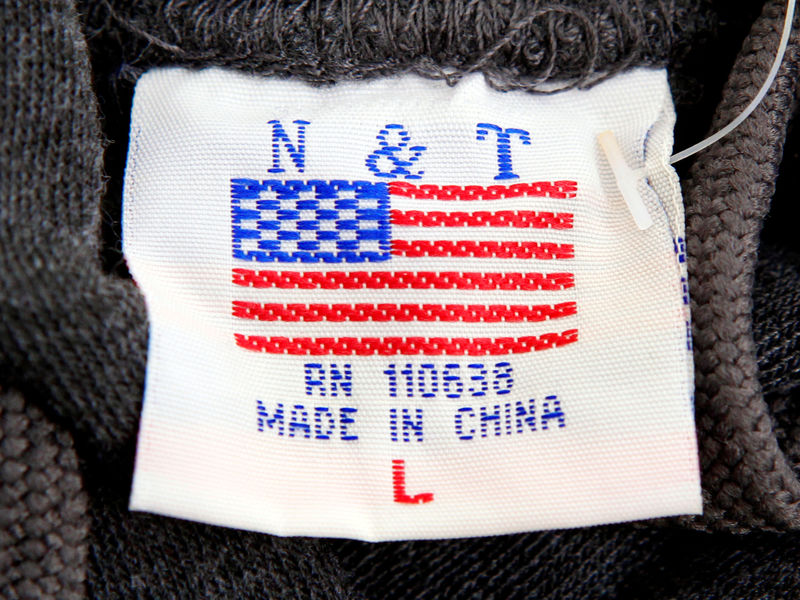By Tetsushi Kajimoto
TOKYO (Reuters) - The number of Japanese companies affected by the U.S.-Sino trade war has jumped to a third, soaring from just 3 percent in May with firms fretting about prospects for their exports from China as well as slower Chinese demand, a Reuters poll found.
The survey also showed 53 percent of firms were worried about the fallout from the escalating trade friction and that some, albeit still a small percentage, had begun looking at shifting production of exports out of China to other countries.
Of the companies citing an impact, the vast majority said they were feeling the effect 'to some extent', with only 2 percent calling the impact large.
The fear is, however, that the fallout will become much worse.
"If it does become a fully fledged trade war, then this could hit Japanese exports and supply chains, in turn hurting capital expenditure and dampening consumer spending and potentially damaging Japan's entire economy," said Masaki Kuwahara, senior economist at Nomura Securities, who reviewed the survey results.
Washington in September levied tariffs of up to 25 percent on $250 billion of Chinese goods as punishment for what it says are unfair trade practices, while Beijing has hit back with tariffs on about $60 billion of U.S. imports.
U.S. President Donald Trump has since threatened to slap tariffs on an additional $267 billion of Chinese imports.
"The trade friction is having a big impact on exports from China of the raw materials used to build products in the United States," a manager at an auto-sector firm wrote.
"Even if we consider measures to avoid tariffs, there's a limit to what we can do," the manager added.
The survey, conducted Sept. 27-Oct. 10, showed non-manufacturers firms were just as worried as manufacturers about the fallout.
"Any direct impact may be small, but sluggish business conditions and anxiety about the future could cause a decline in demand in the medium to long term," wrote a manager at a construction firm.
Companies responded anonymously to the survey, conducted for Reuters by Nikkei Research. It polled 482 large and mid-sized non-financial firms, about 240 of which responded to the question about on the extent of the impact of the trade war.
Asked if they had an export base in China and were thinking of moving any facilities out of the country, 13 out of 97 firms that responded to the question said they were considering such a move.
Among the firms looking at shifting production, most said they were considering Southeast Asia as an alternative, while some were thinking about bringing output back home. None chose the United States.
Firms that have publicly said they could shift production include Toshiba Machine Co (T:6104) which has said it plans to move output of U.S.-bound plastic moulding machines from China to Japan or Thailand. Mitsubishi Electric Corp (T:6503) is shifting output of U.S.-bound machine tools from its base in Dalian, in northeastern China, to a Japanese plant in Nagoya.
The survey also found that 40 percent of Japanese firms thought the trade conflict could disrupt supply chains over the next three years, with many citing fears that prices for imports of raw materials and parts could surge.
"If major U.S. companies like Google (NASDAQ:GOOGL), Amazon (NASDAQ:AMZN) and Apple (NASDAQ:AAPL) start bringing production home, that could destroy Chinese parts makers with which we do business," a manager at a machinery maker also wrote.
Only 11 percent of firms said, however, that they were currently considering steps to deal with a potential escalation of trade spats.
Of those considering contingency measures, shifting production as well as diversifying sales and procurement routes were the most often cited.

The International Monetary Fund last week lowered its global economic growth forecasts for this year and next, predicting 3.7 percent for both years instead of 3.9 percent, citing trade policy tensions and the imposition of tariffs as a key factor behind the cut.